Notre Dame senior Cassandra Bustillos, a psychology major, is speaking with Enrique Arista Salgado, a factory worker, about the kinds of stress he faces as a Mexican immigrant working in the United States.
Salgado is very positive at first, telling her how the Goshen community about 45 minutes from campus has embraced his family of four and provided so much support over the last 20 years as they have pursued the American dream. When their first baby was stillborn, the community “welcomed them with open arms” and made it possible to eventually have two healthy boys, now 15 and 13.
While Salgado says he hasn’t faced discrimination, he finally acknowledges considerable stress over a 2013 arrest for driving without a license, which led to a long legal battle. He was nearly deported, which would have separated his family, and he spoke emotionally about his last-minute release to his lawyer and wife.
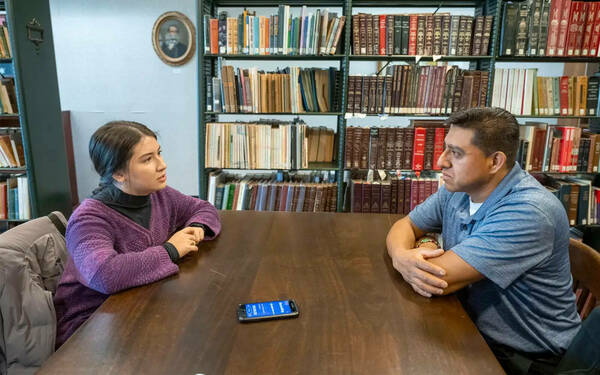
“He fell into a deep depression,” Bustillos translates from Salgado’s story. “He inhales a lot of chemicals making fiberglass, and he was taking a lot of medications. The impact of the medication and the anxiety over his legal status led to him becoming an alcoholic for several years.”
Tears streak down Bustillos’ face as she listens to Salgado talk about how his family, especially his children, helped him recover and take an oath against alcohol or pills. “His kid told him how beautiful he looks without alcohol, and that made his realize how bad he must have been before,” she says. “He’s been sober for four years now.”
Bustillos, who is the translator for this interview at the Goshen Library, is one of more than a dozen graduate and undergraduate psychology students working with Jenny Padilla, an assistant professor of psychology at Notre Dame. Padilla works out of the William J. Shaw Center for Children and Families, studying Latino family relationships, and her research focuses on the family as a context of development and psychological adjustment, primarily in adolescence and young adulthood.
“We’re really trying to leverage the strength of familial bonds to buffer the effects of various adverse experiences on depressive symptoms, risky behaviors, and overall well-being,” Padilla says. “I’m trying to highlight the protective role that family relationships can play, particularly emphasizing the significance of understudied connections like siblings and father-youth relationships.”
Padilla’s research is part of Notre Dame’s historic commitment to fighting a mental health crisis in our country. The University is bringing together a coalition of benefactors, foundations, and other funders who have committed more than $68 million over the past year to develop innovative solutions and expand access to care.
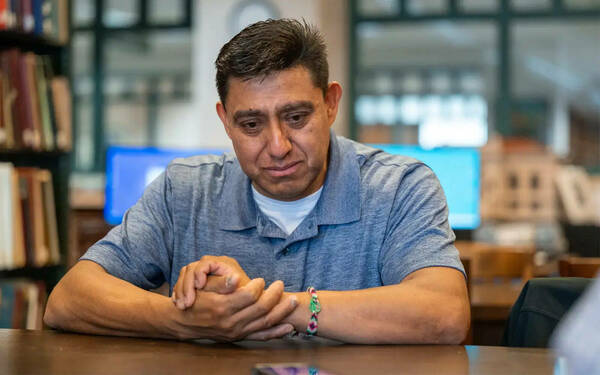
That effort includes the new Veldman Family Psychology Clinic to develop evidence-based solutions in childhood trauma, suicide prevention, and substance abuse. Its work will partner with and build on the Shaw Center’s years of research.
Like others at the Shaw Center, Padilla explores developmental psychology in ways that could potentially lead to positive intervention strategies. The center’s director, Kristin Valentino, has created intervention programs that improve caregiving and developmental outcomes for maltreated children.
“Jenny and I are studying things like, how does discrimination affect mental health?” Valentino says. “What are the risk and protective factors potentially unique to Mexican culture, for example, that may help us understand developmental trajectories towards mental illness or towards resilience?”
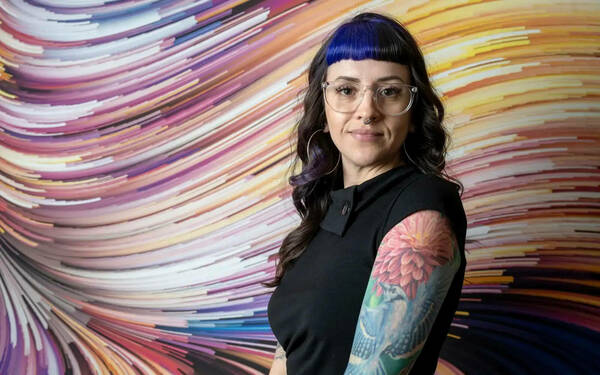
Padilla grew up in southern California, part of a large family with roots there and in Mexico. As a first-generation college applicant with immigrant parents, she says her brothers helped her navigate the dynamics of “facing all those struggles,” especially during the stressful period when there was a possibility of her father being deported. At first she wanted to be a high school counselor to help other first-generation students in their journey to college, but an early psychology class at UCLA sparked her curiosity.
“Things changed when in one of my classes, the professor gave us a reading on Latino families, specifically on familism values,” Padilla says. “It was the first time something really resonated with me through my psychology courses, and I wanted to learn more.”
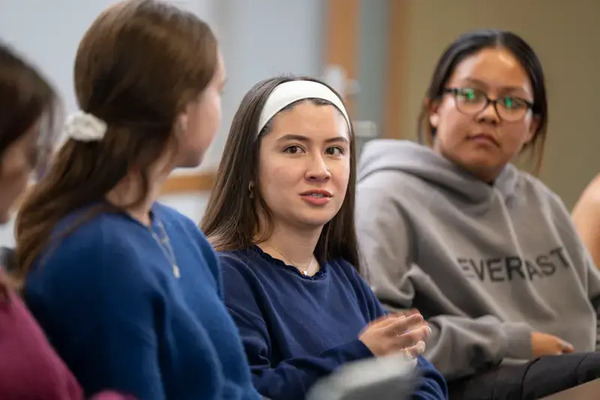
She discovered a limited body of research on siblings, especially in Latino populations, so she made that her focus in graduate work at Penn State University. After a postdoc position at Arizona State University, she found Notre Dame to be a good fit in 2021 for its collegiality and resources.
“It felt like a genuinely welcoming place,” she says. “And a significant factor in my decision was the presence of the Institute for Latino Studies, which signaled Notre Dame’s commitment to research within the Latino community. This was crucial for me, given the relevance of the Mexican-origin community to my research and for maintaining local ties to my heritage.”
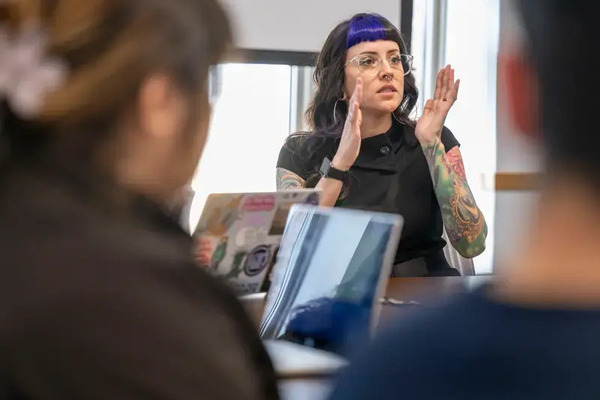
Padilla says Valentino’s research and recruitment of local families for previous studies helped her get started quickly. She hired Arturo Perez Balderrama, already working with the Shaw Center, as her project manager and organized a team of student interviewers including Bustillos to collect data.
Her team recruited more families by speaking at community organizations such as La Casa de Amistad and after Catholic Masses in Latino areas. They aim to talk to mothers, fathers, and siblings aged 12 to 18—conducted by teams of three interviewers, usually in Spanish for the parents and English for the siblings. The interviews can be at the Shaw Center, local libraries, or the family home if that makes the families more comfortable.
“Mothers are often thought of as the primary cultural bearers, responsible for passing down traditions to their families,” Padilla says. “However, our focus extends to exploring fathers’ protective role in nurturing resilience, as well as how siblings mutually influence each other’s development. For instance, I have examined siblings’ influence on ethnic-racial identity, an area of research which has largely focused on mothers.”
“During periods of heightened conflict between parents, sibling intimacy can act as a buffer by offering mutual support and fostering a sense of camaraderie through shared experiences." -Jenny Padilla
Older siblings can sometimes introduce younger siblings to negative situations. For example, research in the field finds that younger sisters are three times more likely to become pregnant as teenagers if their older sister does. However, siblings can also influence more positive outcomes.
“We really aim to examine family-related protective factors,” she says. “For instance, during periods of heightened conflict between parents, sibling intimacy can act as a buffer by offering mutual support and fostering a sense of camaraderie through shared experiences.”
Young Latinos also may experience discrimination in the form of microaggressions, subtle or even unintended offensive statements from other people about their race, culture, or legal status. The survey asks about what language the respondents speak at home and with friends, how they consume media, how they feel about their English pronunciation, and other acculturative indicators.
The research team started a first round of data collection in January 2023 with plans for a second round two years later. In the first year, they have gathered interviews from approximately 100 families, each comprising a mother, father, and two adolescent siblings. They aspire to reach 300 families.
This time frame accommodates potential changes, such as shifts in family dynamics when siblings moving out of their homes, which Padilla hopes to explore. Looking ahead, the team envisions the possibility of developing interventions based on the insights derived from the collected interviews.
“We’d try to promote different conflict-resolution strategies that focus on compromise, rather than control, and really help to leverage the sibling relationship to positively influence other connections. I have recently submitted a paper that focuses on how family-learned interpersonal skills influence interactions with nonfamilial social partners,” she says. “So we have the potential to inform relationship-based prevention and intervention efforts to enhance youth’s developing socio-emotional competencies and interpersonal relationship skills.”
Cassandra Bustillos first took Padilla’s Developmental Psychology class as a sophomore and became interested enough in Padilla’s research in child development to join her lab as a senior. Bustillos says she focused on recruitment and interviews last semester, while she’s mostly doing data input and literature reviews now.
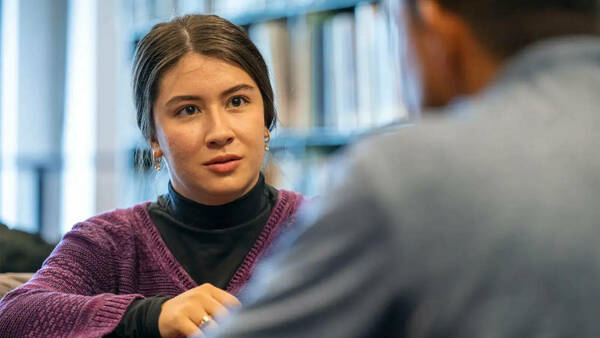
“There’s not a lot of mental health research specifically looking at Latinos,” Bustillos says. “I wanted to get outside the Notre Dame bubble. I’m Mexican American and I wanted to work with people in my culture in the city, helping the surrounding area.”
A New Orleans native, Bustillos came to Notre Dame as a first-generation Posse Scholar. After graduation, she plans to work for Teach for America in her hometown next year before going to medical school.
Padilla says having students, almost all of whom are Latino, do the interviews “alleviates some of the concern” that local families have about getting involved in research.
“When we do the interviews, the families often divulge more than the questions we ask,” Padilla says. “They have conversations about their experiences and they talk about things that they’re struggling with regarding their kids and things like that—so they’re ready to talk.”
That’s certainly the case for Bustillos as she translates for Salgado.
Salgado proudly displays his work permit and his driver’s license. He says he is focused on working hard for his family, including sending money to his mother and wife’s mother back in Puebla, Mexico. He must wait patiently until May to learn the fate of his legal situation.
“Life is really beautiful and we’re all humans and everyone goes through things, but some people just go through more tougher things than others,” Bustillos translates about Salgado’s current mind frame. “He thanks everyone for their efforts because he thinks that’s why he has been able to accomplish so much—because of people’s efforts around him. He feels like he should speak for a lot of people who are in hiding right now that are not able to express their feelings.”
Produced by the Office of Public Affairs and Communications
Writer: Brendan O'Shaughnessy
Photographer: Barbara Johnston